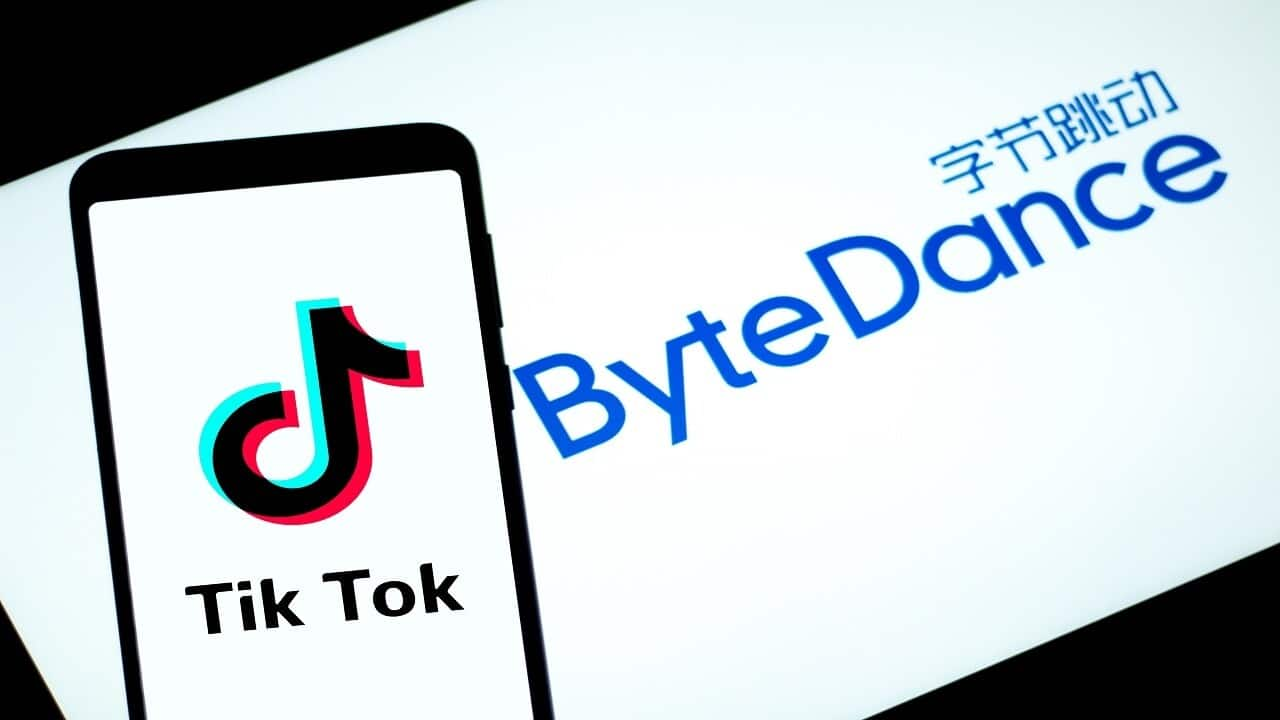
TikTok-parent to develop new AI model using Huawei chips
What's the story
ByteDance, the company behind TikTok, is apparently gearing up to develop a new AI model.
The company is looking to use chips from Huawei Technologies for this project, as per a report by Reuters.
This strategic shift comes after US restrictions have pushed ByteDance to find local chip suppliers, and speed up its own tech development since 2022.
AI significance
AI's growing importance in tech industry
AI has become a crucial component in the technology sector, with companies from diverse fields like gaming and e-commerce differentiating their products through custom AI models, which use pattern recognition to make decisions.
ByteDance's new venture into AI will involve using Huawei's Ascend 910B chip to train a large-language AI model, as per Reuters.
Chip utilization
Current use of Ascend 910B chip
Right now, ByteDance mainly relies on the Ascend 910B chip for those less-demanding inference tasks, the ones where pre-trained AI models are just making predictions.
But when it comes to training AI models, it's a whole different ball game. That process needs tons of data and super-fast chips like NVIDIA's high-end graphics processing units (GPUs).
Model comparison
New AI model's capability and complexity
The upcoming AI model's capability and complexity, as measured by its computing parameters, will be less powerful in comparison to ByteDance's existing AI model Doubao.
Chip shortage
ByteDance's AI chip demand exceeds supply
ByteDance has put in an order for over 100,000 Ascend 910B chips this year. However, it only received less than 30,000 of them by July.
That's not nearly enough to keep up with the company's requirements, according to an insider.
The low supply and slower computing power compared to NVIDIA's chips available in China, are making it tough for ByteDance to pin down a timeline for its new model.
AI applications
ByteDance's current AI technology and applications
ByteDance's existing AI tech powers its flagship large-language model released in August 2023, now rebranded as chatbot Doubao, as well as other tools like a text-to-video tool called Jimeng.
This month, the company rolled out two Doubao models focused on video to challenge OpenAI's dominance.
Since the start of this year, the use of such apps has skyrocketed, with ByteDance's chatbot emerging as one of China's top apps, boasting over 10 million monthly active users.